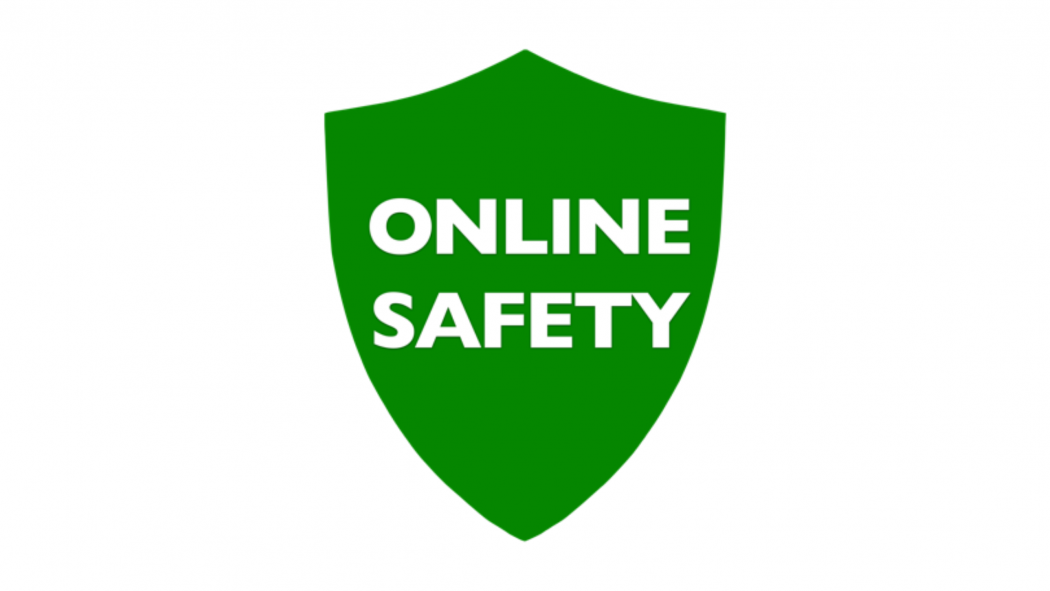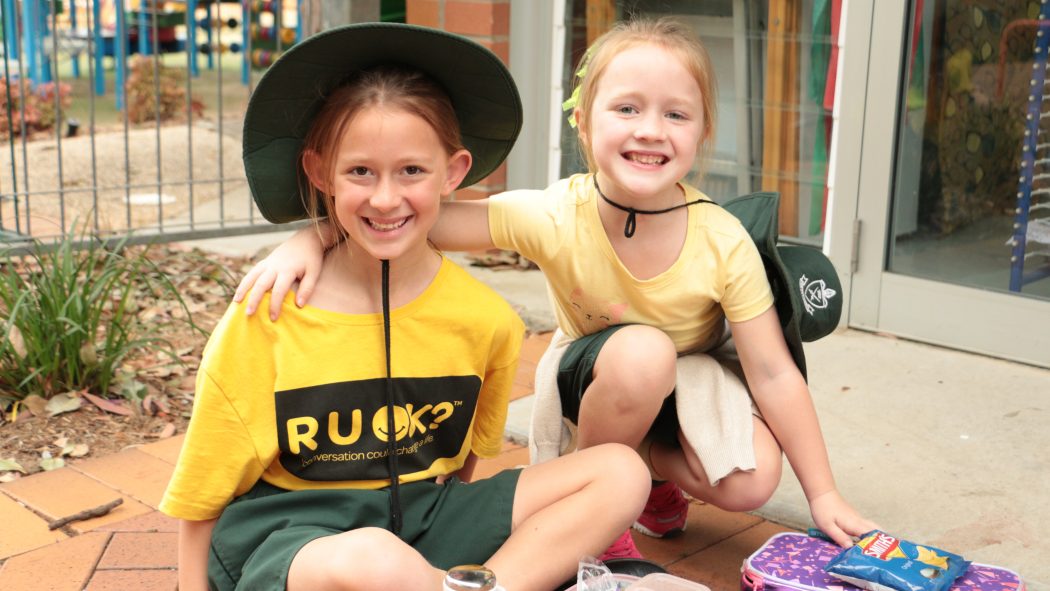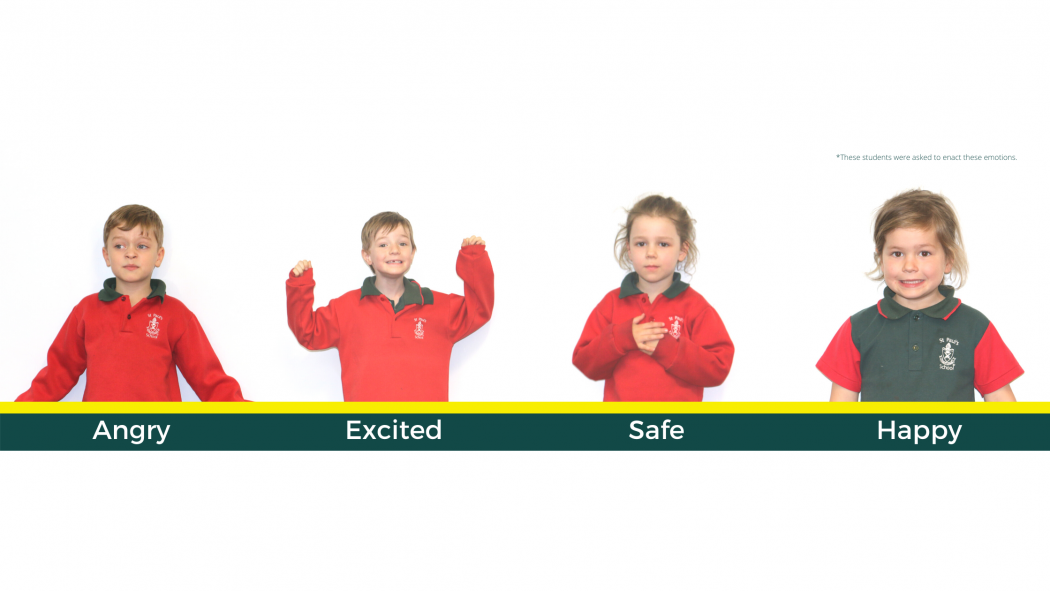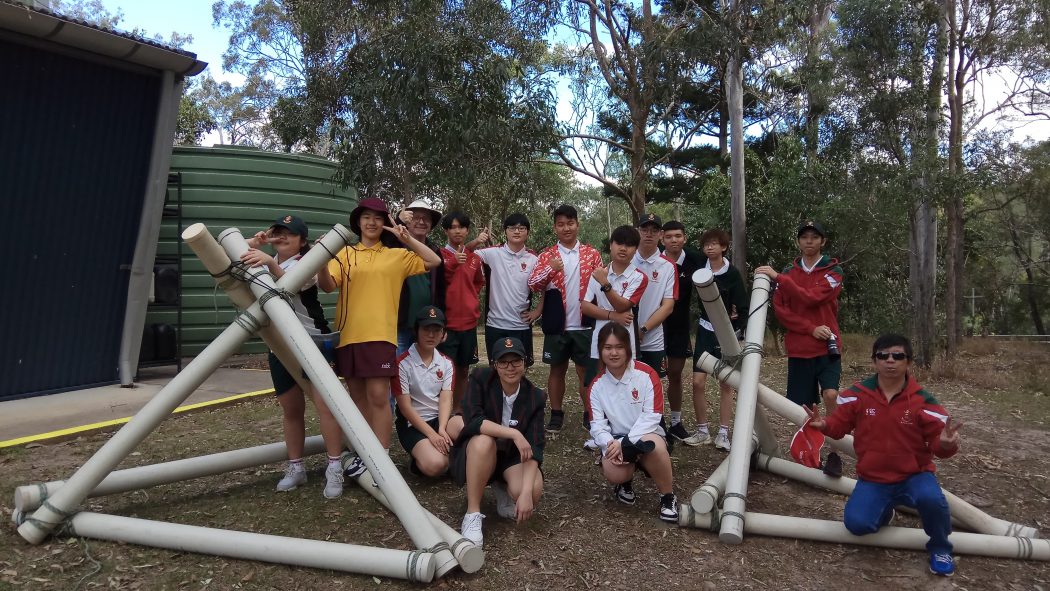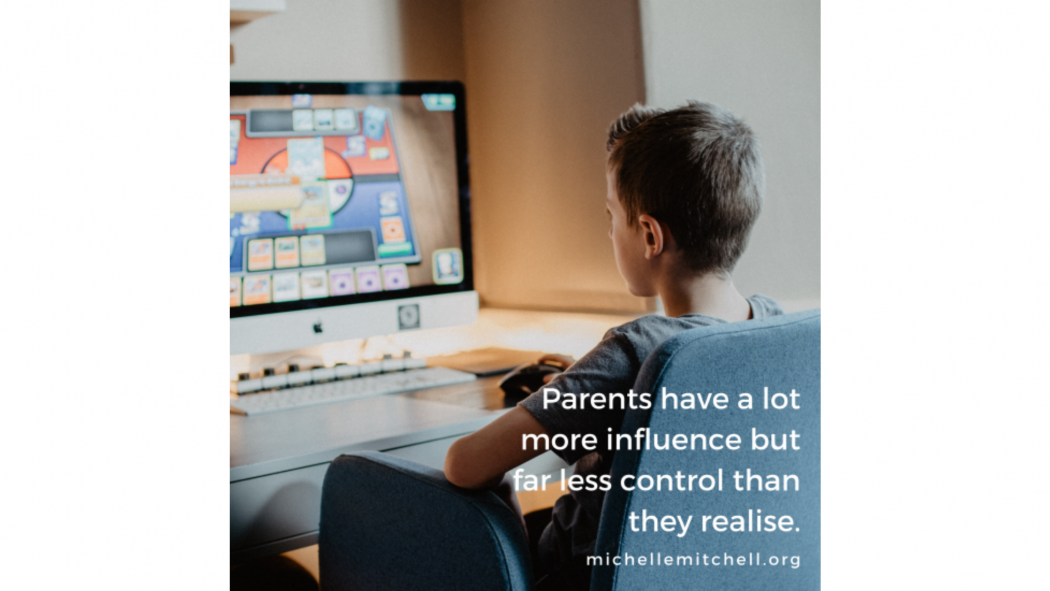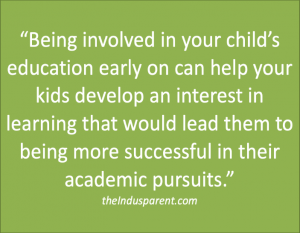What is too strict and what is reasonable? At what point do we take our cues from other parents, and when do we follow our gut instinct?
IF YOU HAVE TO SAY NO: Seven Decision Making Tips
By Michelle Mitchell
I watched The Incredibles 2 last weekend. In a moment of honesty, Mr Incredible said to his teenage daughter Violet, “I’m used to knowing what the right thing to do is, but now I am not sure.” I smiled. You nailed it, Mr Incredible. This is every parent of a tween and teenager, EVER.
The decisions we make while parenting a tween or teen can be tough, and we all have moments where we second guess ourselves. We might worry if we are making the ‘right decision’ especially when it comes to hot-button topics like technology, boyfriends and girlfriends, sleepovers and parties. What is too strict and what is reasonable? At what point do we take our cues from other parents, and when do we follow our gut instinct?
Please take some comfort in knowing that there is rarely a right or wrong answer, unless it is an all-out safety issue. And being on the stricter or more lenient side doesn’t make you a good or bad parent. Neither do either of these assure you that your tween or teen will always make safe choices or stay away from risk taking behaviour. Isn’t that an important thought? Parents have a lot more influence, but far less control than they realise. FAR less control. In the long run, what is more important than whether you were strict or lenient, is whether you were connected.
And let’s try not to be overly judgemental about each other’s decisions. Every parent makes decisions differently and those decisions are influenced by so many factors – a child’s age, maturity, mental health, birth order, and a family’s culture and values all come into play. And remember that boundaries are constantly being adjusted and continually renegotiated as your tween and teenager matures, so don’t set anything in stone. For parents, changes will feel like they are happening at lightning speed. For teenagers, it will feel like change is happening at a snail’s pace. This is the push and pull of growing up.
With all that being said, you and only you have to make a final call right now in your home. The weight of that falls directly on you. Remember the three options you have: 1. A wholehearted, enthusiastic YES. 2. A YES, but not now. 3. There is something better. I encourage parents to say ‘yes’ as often as possible, as our kids need a broad range of experiences in order to grow and mature. But if you have to say ‘no’, there are some things I would like all parents to consider.
Know Your Rationale
Argue with yourself, and debate with your partner. We have to know why we are making decisions and drill down on our motivations. Fear so often sits in the driver’s seat of parenting and presents an extreme and fixed viewpoint that doesn’t allow anyone to question it. In each of us there is a voice of fear and a voice of reason. And it takes stillness of heart to find the voice of reason, and sometimes we have to wade through fear to find it.
Keep Balance (Unless it’s a Safety Issue)
I have found it helpful to think ‘not too loose, not too tight’ which is something that Nigel Latta, New Zealand Psychologist says. It helps us move past our black and white, all or nothing thinking, which is only relevant if it is a safety issue (example: drug use). Sometimes it helps to ask: Is what I am most concerned about a real threat? Or, why does this matter so much to me? Other times it helps to trial new ideas with the provision that you can adjust it if you feel it is not working. And ask ALL the questions you need to BEFORE making a decision. Lack of knowledge catches many parents out. And when it comes to tech, there is so much we can do to make it safer, so I encourage you to take a balanced approach. This world your tween and teen lives in is so different than the one you grew up in.
The Ultimate Outcome
Stricter parents often wholeheartedly believe that sheltering their child will keep them on the straight and narrow, but I want all parents to know that parenting offers no guarantees or absolutes. A + B may not always equal the C we are looking for. What we can provide for our kids is the very best of our heart and values, and trust as they develop their own. So, basically don’t over invest in strictness being your foolproof roadmap for parenting. Invest in connection as your highest priority. That sometimes means compromising some of the ideals that you are tempted to hang on to.
Create a Succinct Story
Try and summarise your thoughts into a short, to the point, heartfelt message that will confirm what you are doing and why. If you think back, your parents may have done this when you were growing up. Do you remember your mum saying, “This is just as hard for me as it is for you” or “I wouldn’t be doing this if I didn’t care.” As infuriating as those one-liners were, they told you a story – a story you may even repeat to your kids today! I want you create a one-liner that represents you, and your heart.
Prepare Yourself
Our tweens and teens may feel very strong emotions during times they are not allowed to do what their friends are doing. Please don’t shut these emotions down or dismiss them. Try saying, “I know this will be hard for you. I totally expect you to walk around the house in a huff for a few days or even longer!” Let’s acknowledge and make room for their big feelings. And also realise that taking care of their safety will cost you, so take care of yourself. Parenting a teen can be exhausting and emotionally taxing. To minimise the blow, I always recommend a replacement strategy. If you have taken something away, remember to offer something in exchange. Even if your kids decline your offer, the very fact that you are recognise your decisions are impacting their happiness is important.
Stay Connected to Reality
When your tween or teen leaves the house, they may be exposed to things they wouldn’t be exposed to at home. That’s reality. You may be able to minimise this, but I guarantee that you won’t be able to eliminate it. And why would you want to? Our children need a variety of experiences to understand life. Amongst all the ‘no’ we may find ourselves saying, we don’t want to create a pathway that is so narrow, and so perfect, that it is impossible for our kids to walk it. Trust says, I confidently release you, knowing I have prepared you.
RECOMMENDED READING: You might also like “Everyday Resilience” available here.
Taken from: https://michellemitchell.org/new-blog/if-you-have-to-say-no-7-decision-making-tips
 Dr Paul Browning
Dr Paul Browning
